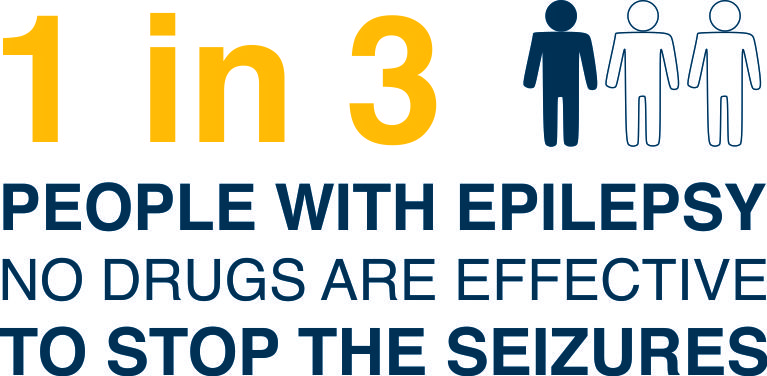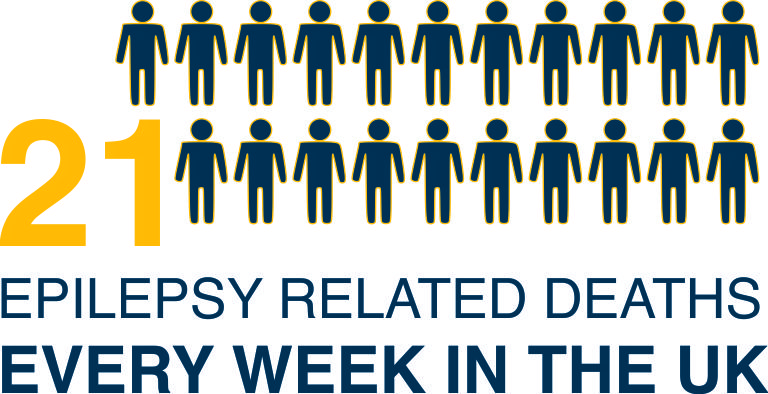Current research
Our lab’s major interest lies in investigating role of microglia and astrocytes in epilepsy and its comorbidities.
Drug-resistant seizures:
Despite significant advances in epilepsy therapies, almost one-third of people with epilepsy still do not respond to the current medications. Microglia are the resident immune cells of the central nervous system and play a major role in neuronal homeostasis during and after seizures. We want to investigate the mechanisms and function of microglia in epilepsy and how they play both beneficial and detrimental role in epilepsy, which will help to develop therapeutic options to treat drug-resistant seizures.

Sudden Unexpected Death in Epilepsy (SUDEP):
“Sudden Unexpected Death in Epilepsy (SUDEP) is a sudden, unexpected, witnessed or unwitnessed, non-traumatic, and non-drowning death in an individual with epilepsy, with or without evidence for a seizure and excluding documented status epilepticus.” Almost 600 people suffer from SUDEP every year in the UK and it is identified as the number one epilepsy research priority through UK Epilepsy Priority Setting Partnership (https://epilepsyresearch.org.uk/uk-epilepsy-psp/).

The major cause of SUDEP is identified as either the cardiovascular or respiratory failure, which is likely to be mediated through central autonomic system. Our findings have established a breathing phenotype in rodent model of epilepsy that is correlated with the activity of chemosensitive neurons in the brainstem. Our aim is to develop a diagnostic biomarker test in people with epilepsy to identify who might at the risk of SUDEP and identify the role of non-neuronal brain cells, microglia and astrocytes, in cardiorespiratory autonomic failure that leads to SUDEP.
Memory impairment:
People with epilepsy also suffer from memory dysfunction. Astrocytes and microglia play an important role in shaping neuronal network and synaptic strength. Role of astrocytes and microglia in formation and consolidation of memory is less know but burgeoning literature highlights their potential and contribution in shaping memory. Our aim is to identify the contribution of glial cells in cognitive changes in people with epilepsy and the molecular mechanisms that drive these changes.
